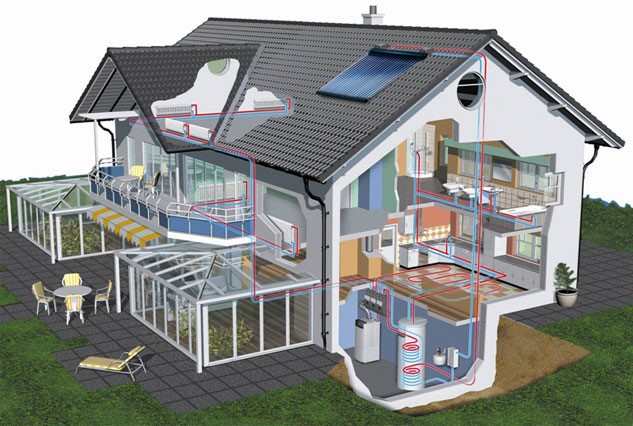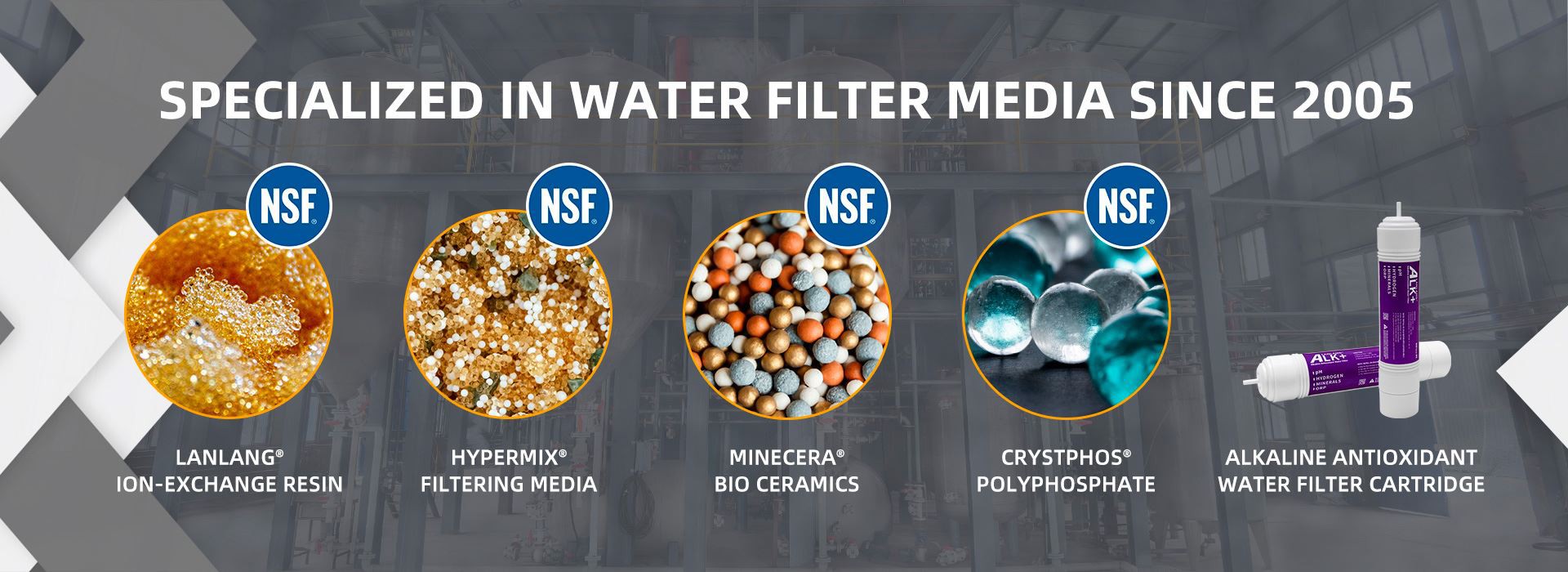
Water is a precious resource that requires proper treatment before consumption. Water treatment systems aim to remove impurities and contaminants from the water, ensuring that it is safe for use. However, with the various options available in the market, it can be challenging to determine which type of water treatment system is best suited for you. One common debate is whether a multi-stage water treatment system is more effective than a single stage system.
Single Stage Water Treatment Systems
Single stage systems are the most common type of water treatment systems available in the market. These systems are usually installed on the main waterline and consist of a single filter or media bed. The filter/media bed is designed to remove specific contaminants based on its composition. The most common filter types used in single-stage systems are activated carbon and sediment filters.
Activated carbon filters remove chlorine, sediment, and organic matter from the water, improving its taste and odor. Sediment filters, on the other hand, trap dirt and other large particles that may clog fixtures and appliances. Although single stage systems are effective in removing some impurities, they may not be sufficient in eliminating all contaminants.
Multi-Stage Water Treatment Systems
Multi-stage water treatment systems are designed to provide comprehensive treatment by combining two or more filtration technologies. These systems use a combination of sediment filters, activated carbon filters, reverse osmosis, ultraviolet disinfection, and other methods to provide high-quality drinking water.
The sediment filter removes large particles such as sand and silt, which can cause clogging. The activated carbon filter eliminates contaminants such as chlorine, volatile organic compounds (VOCs), and pesticides. Reverse osmosis systems remove dissolved solids such as minerals, heavy metals, and salts. Ultraviolet disinfection destroys bacteria and viruses that may be present in the water. By combining these technologies, multi-stage water treatment systems provide comprehensive treatment, ensuring that the water is safe for use.
Which is More Effective?
Multi-stage water treatment systems offer comprehensive treatment, eliminating a broader range of impurities than single stage systems. However, they are also more expensive and may require more maintenance. Single stage systems are more affordable and require less maintenance, but they may not be sufficient in eliminating all contaminants.
Choosing the right water treatment system will depend on your specific needs and budget. If you want comprehensive treatment and don't mind the extra expense, then a multi-stage system might be best suited for you. However, if you have a limited budget or want a straightforward solution, then a single stage system may be more appropriate.
Conclusion
Water treatment systems are essential in ensuring that the water we consume is safe and free from contaminants. While both single stage and multi-stage systems have their advantages, multi-stage systems are more effective in providing comprehensive treatment. However, as with any water treatment system, proper maintenance and replacement of filters and components are crucial in ensuring that the system continues to provide high-quality water.


